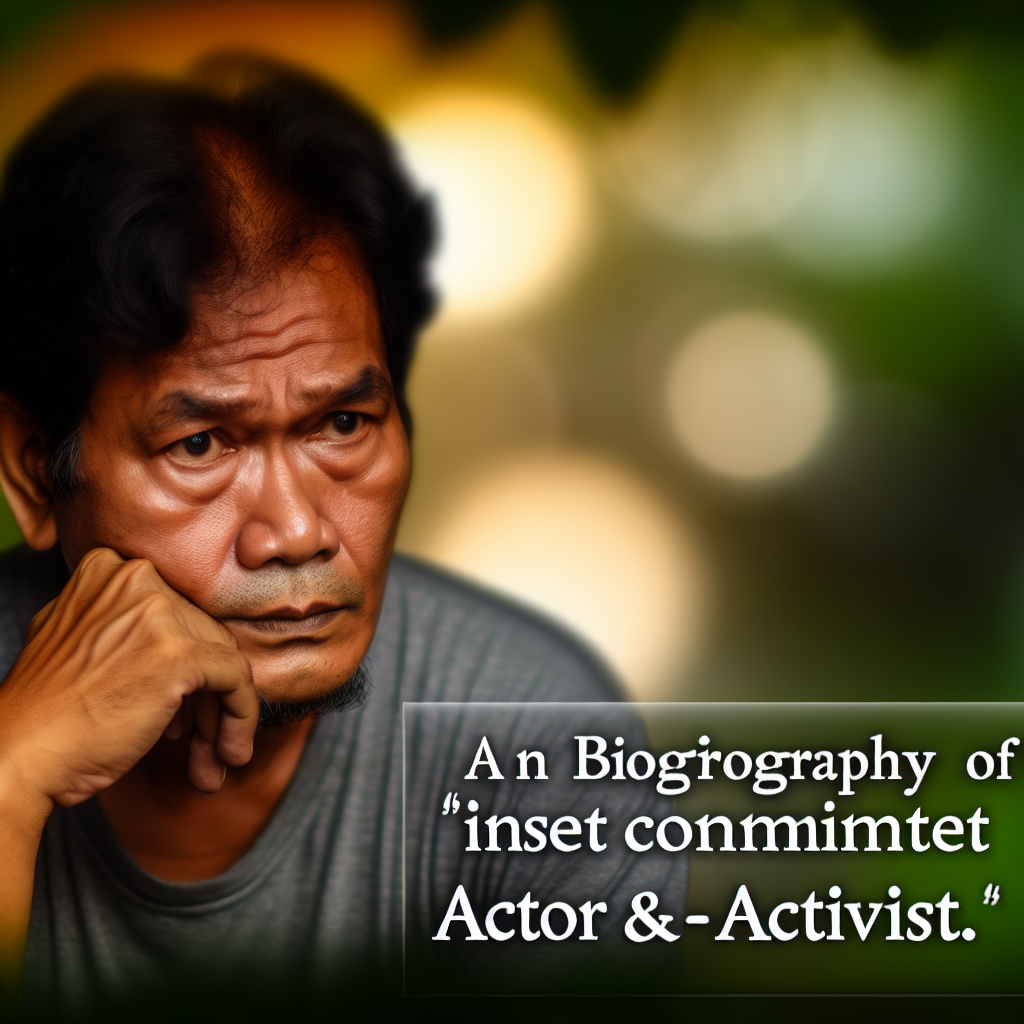
Joaquin Phoenix, the enigmatic actor known for his intense performances and transformative roles, has captivated audiences worldwide. From his early days in Hollywood to his Oscar-winning portrayal in “Joker,” Phoenix’s journey is one of resilience, artistry, and activism. This article delves into his biography, exploring his formative years, breakthrough films, and personal philosophies that shape his unique presence in cinema. Discover the man behind the method acting and his impact on modern storytelling.
Early Life and Family Influences
Born Joaquin Rafael Bottom on October 28, 1974, in San Juan, Puerto Rico, to parents John Lee Bottom and Arlyn Sharon Dunetz, Phoenix grew up in a nomadic, artistic family. His parents, former members of the Children of God cult, changed the family surname to Phoenix to symbolize rebirth after leaving the group. As the third of five siblings—including the late River Phoenix—Joaquin experienced a bohemian upbringing, moving frequently across the United States and South America. This unconventional childhood instilled in him a deep sense of empathy and environmental awareness, themes that would later permeate his work and activism.
Tragedy struck early when his brother River, a rising star, died of a drug overdose in 1993 at age 23. This loss profoundly affected Joaquin, leading him to temporarily step away from acting. However, it also fueled his introspective approach to roles, often drawing from personal pain to deliver raw, authentic performances. His early career began with small roles in films like Parenthood (1989), but it was this familial backdrop that honed his resilience and commitment to meaningful storytelling.
Breakthrough Roles and Artistic Evolution
Building on his early experiences, Phoenix’s career trajectory shifted dramatically with his role as Commodus in Gladiator (2000), earning his first Academy Award nomination. This performance showcased his ability to embody complex villains with nuance, blending vulnerability with menace. He continued to evolve, collaborating with directors like M. Night Shyamalan in Signs (2002) and James Mangold in Walk the Line (2005), where he portrayed Johnny Cash, immersing himself in music and mannerisms for another Oscar nod.
Phoenix’s method acting reached new heights in films like The Master (2012) and Her (2013), exploring themes of isolation and human connection. His crowning achievement came with Joker (2019), a role that required extreme physical transformation and psychological depth, culminating in an Oscar win. These roles not only highlight his versatility but also his preference for challenging narratives that critique society, linking back to his roots in a family that valued authenticity over commercial success.
Activism and Personal Philosophy
Extending his artistic depth into real-world impact, Phoenix is a vocal advocate for animal rights and environmental causes, influenced by his vegan lifestyle since childhood. He produced the documentary Earthlings (2005) and has used award speeches, like at the 2020 Oscars, to address climate change and animal agriculture. This activism isn’t performative; it’s woven into his life choices, such as wearing the same tuxedo to multiple events to promote sustainability.
Personally, Phoenix maintains a private life, in a long-term relationship with actress Rooney Mara, with whom he shares a son. His philosophy emphasizes empathy and ethical living, often clashing with Hollywood norms. This commitment enhances his on-screen authenticity, creating a seamless blend between his roles and real-life convictions, inspiring fans to reflect on their own societal roles.
In summary, Joaquin Phoenix’s life and career—from a tumultuous upbringing marked by family tragedy to acclaimed roles in films like Gladiator and Joker—reveal a artist deeply committed to authenticity and social change. His activism amplifies his influence beyond cinema, urging global awareness on pressing issues. As Phoenix continues to challenge conventions, he remains a beacon for thoughtful storytelling, encouraging readers to embrace empathy and ethical living in their own journeys.